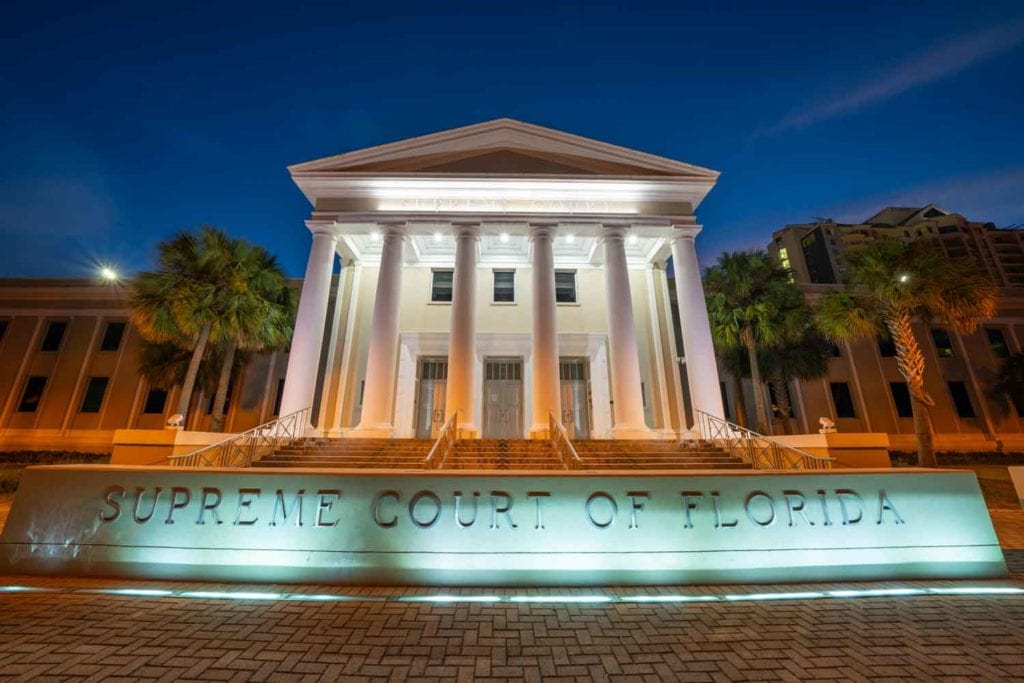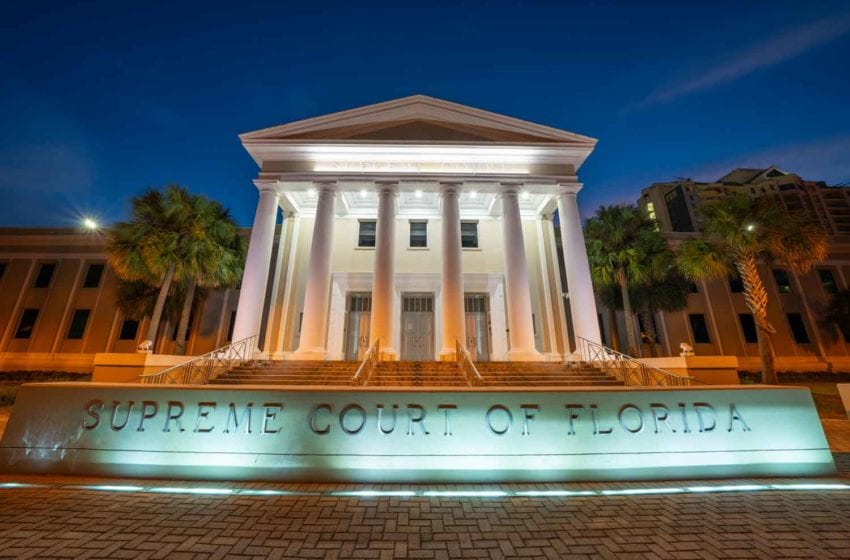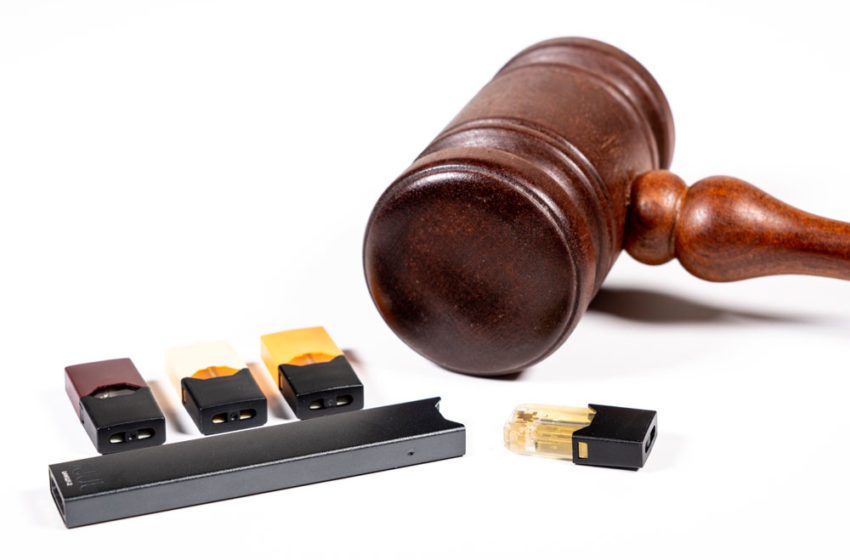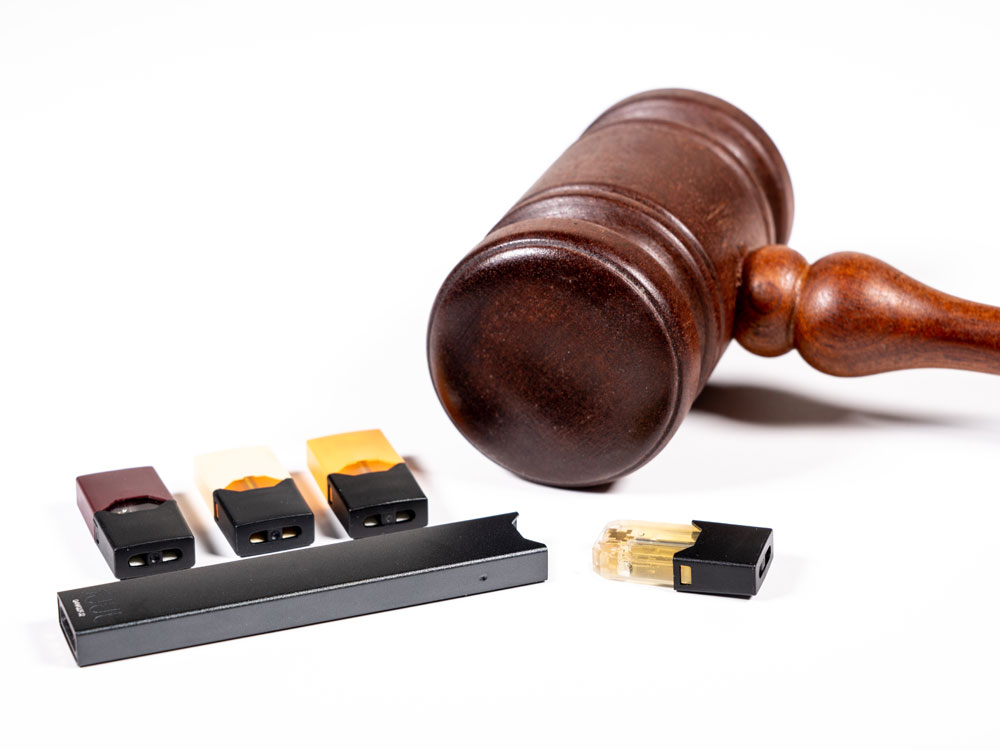
A 1999 law that limits punitive damages applies to plaintiffs in Engle progeny cases who died after that year, even though the class action was filed years before, Florida’s Supreme Court ruled on Nov. 18, according to Legal Newsline.
The verdict followed a case brought by Valton Sheffield, who was diagnosed with lung cancer and passed away in 2007. Sheffield’s widow recovered $5 million in punitive damages. Now, she will go back to the trial court for a new trial on punitive damages.
Sheffield’s widow argued that in 1994, when her husband was diagnosed, he had fully mature causes of action that were pursued by the Engle class and then by her, so the 1999 amendments didn’t apply to her.
“We disagree,” Florida Supreme Court Chief Justice Charles Canady wrote. “Because our caselaw establishes that wrongful death actions are distinct from personal injury actions and that there can be no wrongful death ‘cause of action’ absent a death, we conclude that the causes of action here arose when Mr. Sheffield passed away in 2007 and are thus plainly governed by the 1999 amendments.”
Filed in the 1990s, the Engle class action netted a huge verdict, but it was struck down in 2006. However, the liability findings against the tobacco companies were preserved as individuals were allowed to pursue their own cases afterward, as long as they filed by 2007.



















